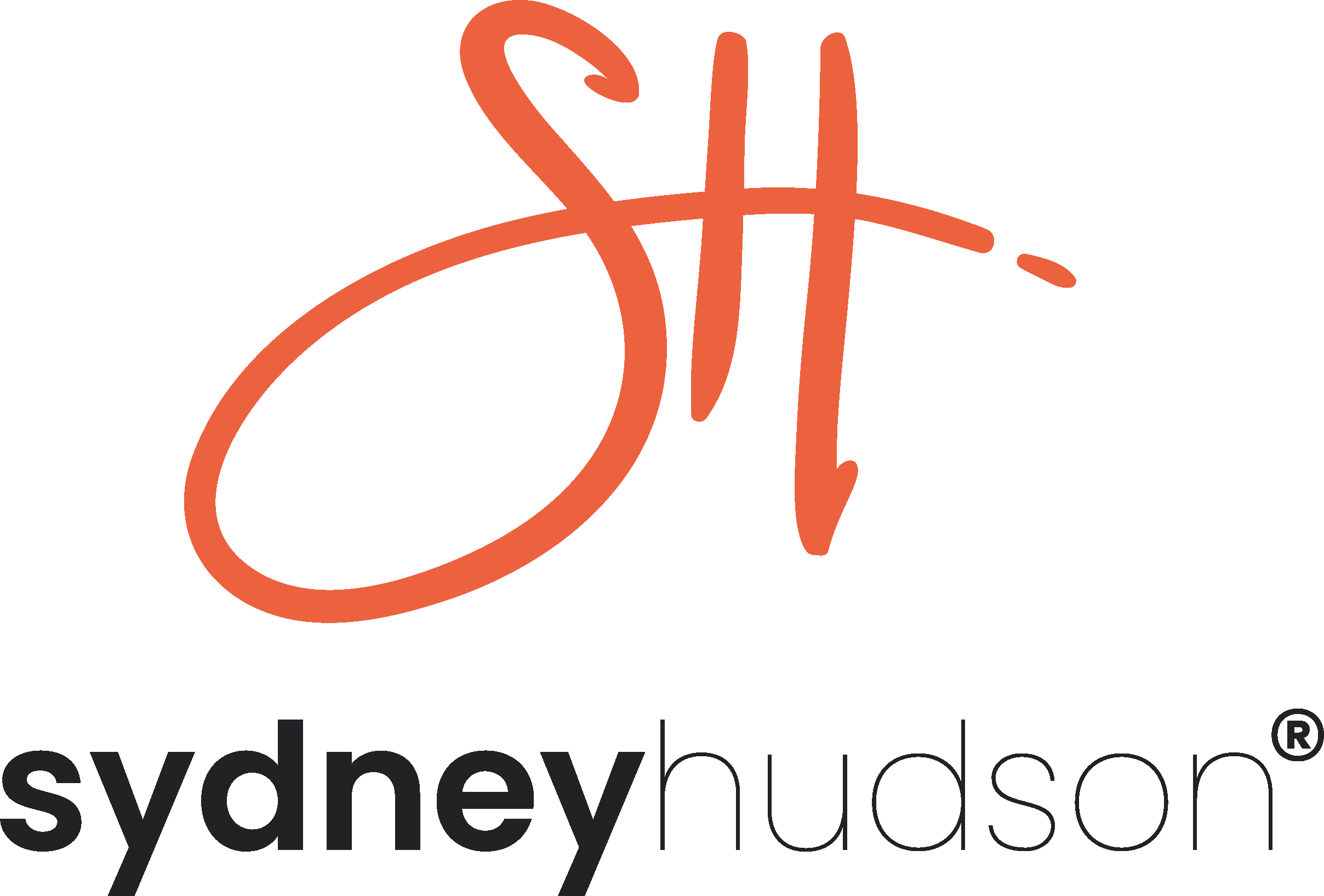Starting a new business can be very daunting and there are so many aspects to recall, such as remembering supplier’s payment deadlines, social media optimum times – it’s a whole new world isnt it??!
Well, in addition to the above, remembering these key dates below ensures that you keep two legal and very important entities happy. We have listed some of these key dates below, why not bookmark this page or add them to your calendar as a reminder now.
We’d love for you to focus on the growth of your business rather than the intricacies of accounting dates and procedures listed below, so get in contact with us today. See here
1st January – Payment of Corporation Tax due
If you have a limited company with an accounting period ending 31st of March, then your Corporation Tax is due on New Year’s Day. This date won’t be the same for everyone, because it depends on when your accounting period ends. This is 9 months and 1 day after your company’s year-end. Key thing to note here is you may actually pay your corporation tax before you submit accounts, this is because the deadlines for Companies House and HMRC differ. (Things get more complicated when your end of accounting period isnt at the end of the month- nothing to fret about as we’ll deal with this)
14th January – Form CT61 filed and paid
You will need to complete a CT61 form for any interest, alternative finance payments, manufactured payments or distributions your company has paid for the quarter ending 31st December 2019.
31st January – Self Assessment return and tax bill deadline
To avoid tipping the government unneccesarily if you are self -employed and/or a director of a limited company, this is the one most important date in the year for you. This also applies to you if you have earned income outside of PAYE tax. You’ll need to complete a Self Assessment tax return to tell HMRC about this income. (ignore if trading income is below £1000 – see here)
You will receive a bill for Income Tax and/or Capital Gains Tax after submission has been made. Avoid fines by completing on time – deadlines for our clients is 30th of November.
31st January – First Payment on Account
This is usually the beast that increases your tax bill – as most self-employed businesses think that you only pay tax for the current period – Sorry! HMRC are efficient with this process, advanced payments are expected- they have faith that you’ll continue in business, so therefore you pay your tax bill in advance! Reassuring right??
5th April – End of the tax year
Common misconception here is thinking this is the same as your limited company due date – this is rarely the case. The tax year officially ends on this day for the whole country, resetting all your personal and NI allowances for the next year is key. Get your bookkeeping tools in order. For training, see here.
31st July – Second Payment on Account due
HMRC are nice enough to split this bill, so it gives you a good amount of time to build this into your cashflow projections. So the remainder of your tax is due in July after you make the first payment on account in January.
1st October – Corporation Tax bill due
If your limited company has a year-end of 31st December, this is when your Corporation Tax payment will be due. Key thing to note here is after your accounting period ends you have 9 months to submit to Companies House and 1 day after that to pay your corporation tax bill. (We tend to submit both at the same time – some accountants work differently, so understamd where you stand with that)
5th October – Deadline for filing for Self Assessment (online returns)
If you haven’t yet registered for Self Assessment, you will need to do so by this date in your second tax year of trading.
14th October – Form CT61 needs to be filed and paid
You’ll need to complete a CT61 form for any interest, alternative finance payments, manufactured payments or distributions your company has paid until 30th September.
19th October – Income tax and Class 1B NIC payment for PAYE settlements (non-electronic payments)
If you have a PAYE settlement agreement and want to make a non-electronic payment, you will need to make your annual payment to cover tax and NI on small expenses or benefits for your employees.
22nd October – Income tax and Class 1B NIC payment for PAYE settlements (electronic payments)
If you have a PAYE settlement agreement and want to make an electronic payment, you will need to make your annual payment to cover tax and NI on small expenses or benefits for your employees.
30th December – Deadline to submit Self Assessment returns online if requesting tax to be collected through PAYE code
For those working a 9 – 5pm, If you want to submit online Self Assessment tax returns and would like to request underpayments of £3,000 or less of tax to be collected through PAYE, you will need to submit by this date.
31st December – Corporation Tax returns filed
If your limited company has a year-end of 31st December, Corporation Tax is due is due to be filed by this date for 2019.
31st December – Accounts filed for private companies
If your company year-end date is 31st March, this is the deadline to submit company accounts for 2019 with Companies House.
Please also see key summary dates below.
| Annual return for Companies House: | Each anniversary of company formation date |
| Corporation Tax Payment: | 9 months and a day after the company’s year-end |
| Statutory accounts for Companies House: | 9 months after company’s year-end |
| Corporation Tax Return: | 12 months after company’s year-end |
| P11d and P11d(b)s: | 6 July each year |
| Payment of NI on benefits (Class1A): | 19 July each year |
| PAYE and NI Payments: | By 19th of month following the end of the period |
| VAT Return and Payment (where necessary): | 1 month after end of VAT period |
| Self-Assessment Tax Return: | Submission deadline – 31 January each year |








